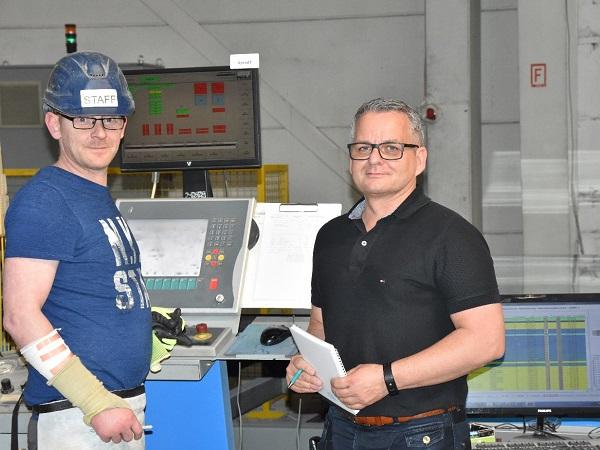
Date: 9 July 2018
Gethke Glas is a typical SME in the glass industry - faced with challenges that are also typical of a company of this size. Mix-up of numbers, long ways, long waiting times until the remake is finished, glass sheets which are randomly sorted and inappropriately marked as well as additional sorting effort - sounds familiar? Then read on ...

A strong partner in the glass industry since 1959
With more than 180 employees, the Gethke Glas Group generates sales of more than 30 million euros at three locations in Germany. The product range includes insulating glass, float glass, cast glass, safety glass, all-glass doors and fittings, sliding glass door systems and glass canopy systems.
The company, which is still family-owned, was founded in 1959 by Richard Gethke. In 1971, the flat glass handling plant in Gronau was expanded to include an insulating glass production with an insulating glass system from LiSEC – this was the start of the cooperation between Gethke Glas and LiSEC.
In 2017, the Gronau-based company produced 438,000 m² of insulating glass, of which one third was triple insulating glass. Today, Gethke machinery includes the following LiSEC systems and software:
Machines: Insulating glass lines, frame bending machines, float cutting lines, desiccant filling machines, butyl extruders, laminated safety glass cutting line
Software: GPS-Prod, GPS-Lineserver, GPS-Ident, GPS-WorkStep, Remakepool, Dynopt, GPS-Delivery, Lis-Proschedule, Lis-QMS, Lis-Label, Lis-Base, Lis-Reporter
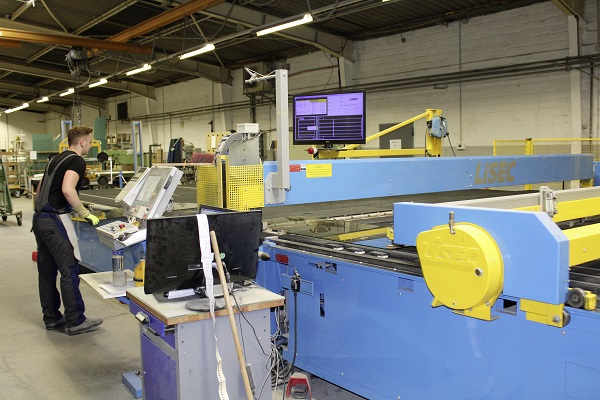
How Gethke Glas reduced the number of remnant plates
Before using LiSEC Dynopt, glass processors at Gethke Glas made about ten optimizations per day with an average of six types of glass per optimization. Two to three sheets of them contained a remnant plate, result in between 20 and 30 residues per day.
When optimizing orders in Planning and Scheduling, employees tried to avoid remnant plates as far as possible. For example, they looked for suitable orders to improve the glass yield or they disassembled remnant plates and assigned them to manual cutting.
“Such processes and optimization proposals cost a lot of time and material,“ says Lothar Schleiner, authorized signatory/plant manager at Gethke Glas Gronau.
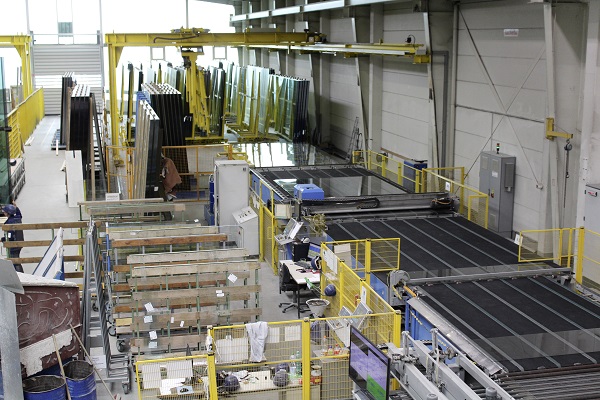
Since the implementation of Dynopt, the LiSEC optimization tool for cutting, employees in Planning and Scheduling no longer pay attention to remnants or disassemble them, but pass on everything 1:1 to dynamic optimization: the optimization task is entirely taken over by LiSEC Dynopt.
Schleiner: “Between 100 and 130 optimized files are always displayed on the Dynopt screen of the ESL float cutting table. With the button ‘Same glass code’ we keep the overview and see how many files of the individual types of glass are in the Dynopt pool (not limited to delivery dates).“
Gethke Glas optimizes up to three days of delivery in advance - which means that there are always enough glass sheets to join them together. The employees keep track of glass sheets by means of labels which are printed for each dynamically optimized sheet.
The label shows the corresponding production run number, the position, the dimension and the storage space. So the sheets can be easily assigned to the (actual) production run, even on the next day.
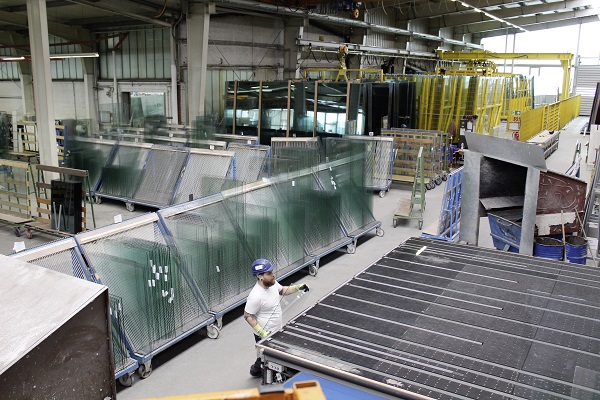
Schleiner concludes: “There are hardly any remnant plates left in the company. Since we have been using Dynopt, time savings are about three hours a day, that is one hour per shift. All in all, we have reduced waste by approx. 3% since we have been using the LiSEC software tool.“
“All in all, the investment in Dynopt was certainly one of our best investments in software in recent years.“
LOTHAR SCHLEINER, AUTHORIZED SIGNATORY/PLANT MANAGER GETHKE GLAS GRONAU
This is how Gethke Glas reduced the number of broken sheets
When Gethke Glas had broken sheets or heavily soiled or scratched glass sheets in the past, the staff wrote a remake note with detailed information on the respective glass sheet (dimension, type of glass, production line etc.) and sent these glass sheets to manual glass cutting.
Thanks to GPS-Ident (the so-called Remake Pool, where all remakes are collected and processed) combined with Dynopt, the process described above has become completely redundant.
Now defective sheets are scanned, immediately sent to the Remake Pool and then processed as fast as possible in Dynopt. With the extension “ Re-Opt“ on the cutting table, Dynopt optimizes a glass sheet once the cutting process has already been started or remakes are inserted. Thus a sheet subject to a complaint can be returned to production in no time.
Here too, the employees keep track of sheets via labels that are printed for each remake sheet. The associated run number, the position, the dimensions and the storage space as well as the line on which the remake order was generated, are printed on the label.
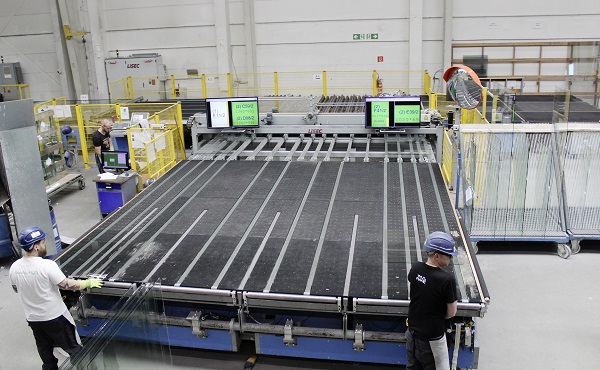
Schleiner concludes: “Mix-up of numbers when writing remake orders, long ways, long waiting times until remake is complete, glass sheets which are randomly sorted and inappropriately marked as well as additional sorting effort are now fortunately a thing of the past.“ After scanning in GPS-ident, employees receive an additional overview of reasons for a remake in order to derive optimization measures regarding quality.
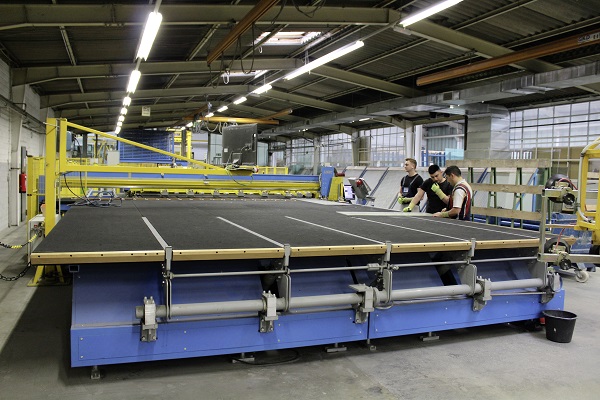
What else has been improved by using LiSEC software ...
- Thanks to Dynopt, the company saves about 1.5 employees in manual cutting.
- Due to the fact that remakes as well as disassembled remnant plates are processed via Dynopt, this manual cutting system is now only used for cutting work for the grinding department. This cutting system is now used only half a shift a day (previously two full shifts)
- Improved overview of daily production in the cutting department, thus easier planning of overtime, reinforcement of staff, etc.
- Employees in glass purchasing at Gethke Glas also use Dynopt as a support for order planning for basic glass.
Lothar Schleiner about the cooperation with LiSEC: “We appreciate the fact that LiSEC does not only build machinery, but is also an insulating glass producer itself and thus has a completely different understanding of the needs of customers. In addition, the company also has the opportunity to test its software and machinery beforehand. What we also like very much is the telephone availability of the service department, especially LiSEC Software.“
 600450
600450


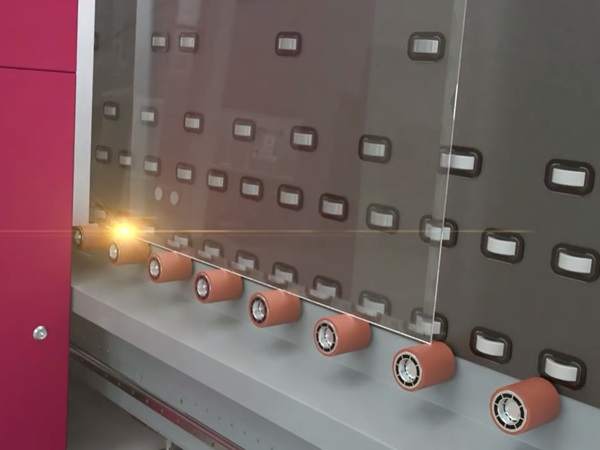
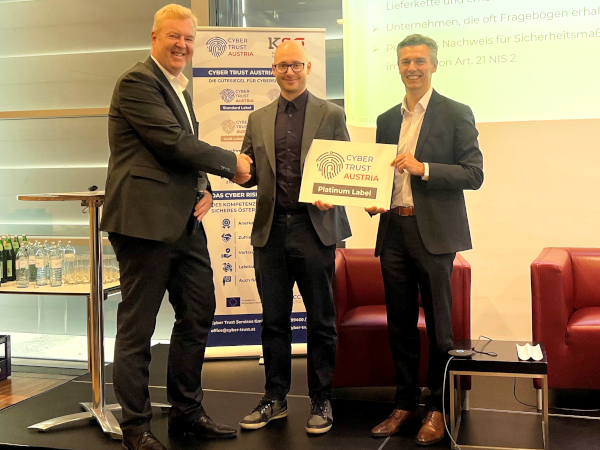
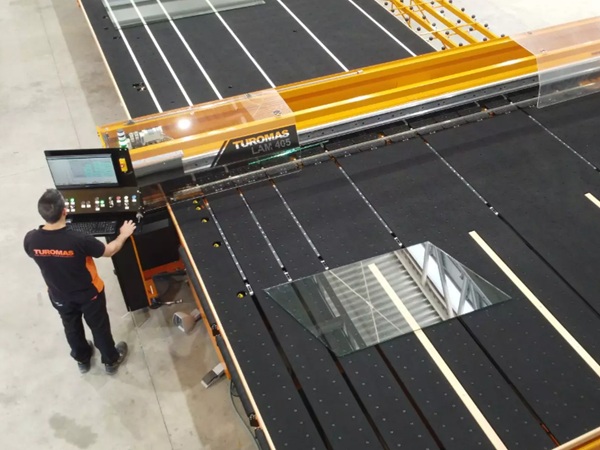

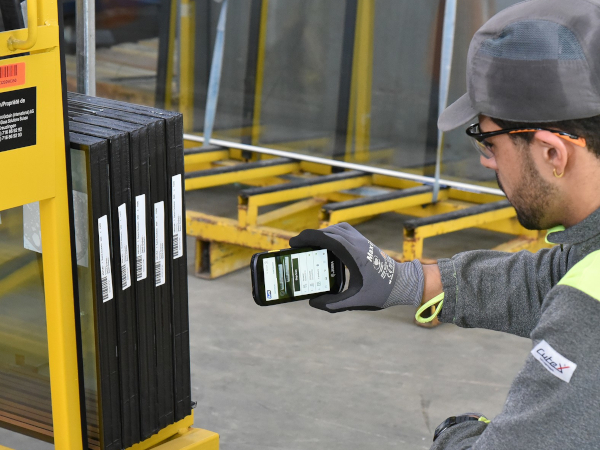

















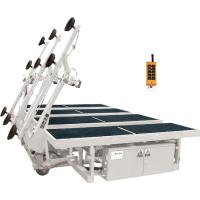
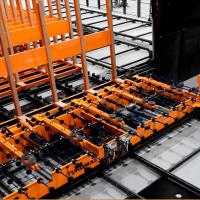

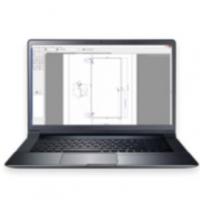
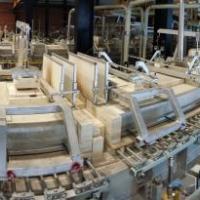
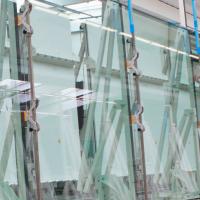
Add new comment